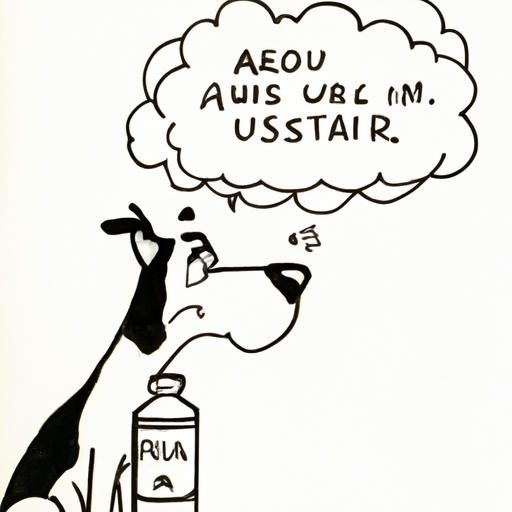Understanding Aspirin
As a caregiver, you know how important it is to keep your dogs healthy. You often look for ways to alleviate their pain or discomfort. You might have heard about humans using aspirin for pain relief, but did you know that there’s a variety of aspirin for dogs too? It’s known as buffered aspirin.
Aspirin is a type of non-steroidal anti-inflammatory drug (NSAID) that works by reducing the production of substances in the body that cause pain and inflammation. Despite its effectiveness, it can sometimes have side effects like stomach ulcers and bleeding, especially when used in high doses.
What Makes Buffered Aspirin Different?
Buffered aspirin is designed to reduce these side effects. It includes an antacid, which helps to protect your dog’s stomach. The antacid neutralizes the stomach acid, reducing the risk of stomach upset and ulcers. It’s like adding a layer of protection for your furry friend.
When To Use Buffered Aspirin?
Buffered aspirin can be used to relieve minor aches and pains in dogs. These can include:
- Arthritis
- Joint pain
- Post-surgery pain
However, always consult your vet before giving your dog any new medication.
| Conditions | Buffered Aspirin Use |
|---|---|
| Arthritis | Yes |
| Joint Pain | Yes |
| Surgery | Yes |
| Fever | No |
| Infections | No |
What Are The Risks?
Even though buffered aspirin is safer than regular aspirin, it still carries some risks. Long-term use can still lead to stomach ulcers, kidney damage, and other health issues. And like all NSAIDs, buffered aspirin can have interactions with other medications.
So, keep a keen eye on your dog after administering the medication. If you notice any changes such as lethargy, vomiting, loss of appetite or any other unusual behavior, contact your vet immediately.
How To Administer Buffered Aspirin?
Administering buffered aspirin to your dog is quite easy. It’s available in chewable tablets that most dogs find palatable. The dosage will depend on your dog’s weight and the vet’s recommendation.
- Always follow your vet’s advice.
- Never exceed the recommended dosage.
- Do not give your dog aspirin on an empty stomach.
FAQs
Q: Can I give my dog human aspirin?
A: No, it’s not recommended as it can cause serious health issues.
Q: How often can I give my dog buffered aspirin?
A: The dosage and frequency should be determined by your vet.
Q: Are there alternatives to buffered aspirin?
A: Yes, there are other NSAIDs and pain relief medications for dogs. Consult your vet for the best options.
Q: Can I give buffered aspirin to my cat?
A: No, aspirin is toxic to cats and can be life-threatening.
Remember, as a caregiver, your pet’s health and well-being are your responsibility. Always consult your vet before introducing any new medication.



